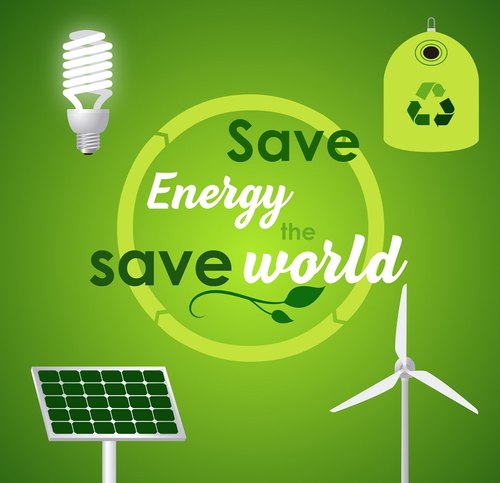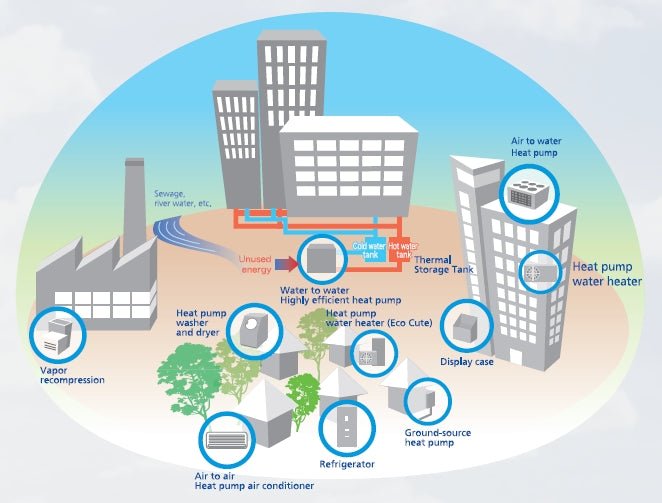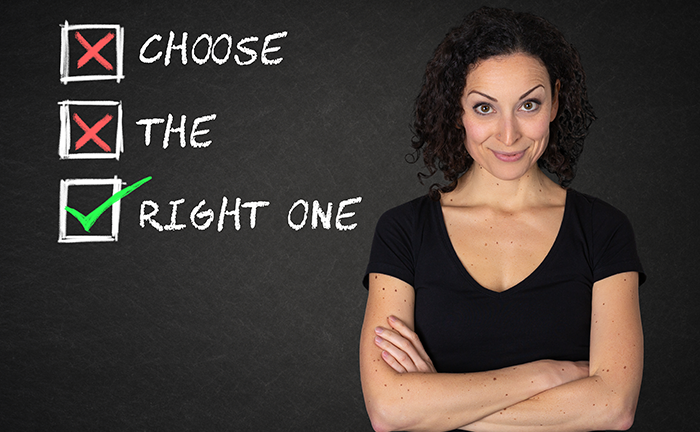Energy Conservation Products
What is the difference between PV panel, PV module and PV array?
|
�
|
What are the components of solar PV system? Solar PV system includes different components that should be selected according to your system type, site location and applications. The major components for solar PV system are PV modules, solar charge controller, inverter for utility grid connected system and when alternating current (AC) rather than direct current (DC) is required, battery bank, auxiliary energy sources and loads (appliances). In addition, an assortment of balance of system (BOS) hardware, including wiring, mounting systems, protection and disconnect devices and other power processing equipment. How much does a PV system cost? The total cost for purchasing and installing a solar PV system depends on your application, size of system you require and your equipment options. Residential and commercial PV systems are different cost. These are variables affecting system cost. � Site orientation � Climate and other geographical factors � Site preparation needs (e.g. tree or other shading at installation site, condition of roof or ground, etc.) � Shipping costs for equipments and parts � Contractor and professional services cost � Optional energy usage, management or monitoring services How much electricity does a PV system generate? The amount of power produced will depend on how large the PV system is. The greater area of PV panels, the more electricity is generated. For example, a 1.5 kW grid tied system produces about 2,190 kWh a year. Over 25 year lifespan, this comes out to be 54,750 kWh. How much maintenance does a PV system require? Stand-alone systems need maintenance on other system components such as batteries. If you have a flooded lead acid battery, you should check the distilled water levels once a month. If you have a sealed lead acid battery, it will never need maintenance. Grid tie systems require very little maintenance, generally limited to ensuring that the solar panels are kept relatively clean and that shade from trees has not become a problem. The wiring and other components should be checked regularly by a qualified technician. What type of battery should I use in solar PV system? The battery type recommended for using in solar PV system is deep cycle battery. Deep cycle battery is specifically designed for a deep discharge and rapid recharge or cycle day after day for years. While the car battery is designed to provide high starting current for short periods of time and is not appropriate for solar PV system. The next decision is whether the battery is flooded or sealed. � Flooded lead acid battery, also called wet cells, is commonly used in renewable energy systems, and requires periodic maintenance consisting mainly of adding distilled water to the cells. Flooded batteries are often the least expensive type of deep-cycle battery and can last longest. They are an excellent choice for systems which require a lot of energy storage. � Sealed lead acid battery includes Gell cell and Absorbed Glass Mat (AGM) battery that are sealed and do not require the addition of distilled water. The advantages of sealed batteries are that they can be placed in any orientation, easy to transport and better performing in very cold temperatures or in very deep-discharge applications. In a remote area where regular maintenance is not possible, sealed battery will be a better option. What kind of load can I run on PV system? With a correctly designed PV system you can power almost any electrical load. However, as the load size increases the expense also increases. Air conditioning and electric heating equipments (hot water heaters, electric stoves) should be avoided. Because of these loads use large amount of electricity. Propane or natural gas is a popular alternative to electricity cooking which is less expensive than solar energy. How long do solar photovoltaic (PV) systems last? A well-designed, installed and maintained solar PV system will operate for more than 20 years. The PV module, with no moving parts, can last 25-30 years. The best way to ensure and extend the life and effectiveness of your PV system is by having it installed and maintained properly. The most common cause of system problems is the poor installation and failure of electronic parts include in the Balance of System (BOS) - the charge controller, inverter and protection components. In many PV systems, the batteries are discharged and recharged slowly, maybe over a period of days or weeks. Batteries will fail quickly under these conditions. Be sure the batteries specified for your system are appropriate for the application. What is the payback for solar PV system? Solar photovoltaic system can pay for themselves between 7-14 years. Much depends on the overall cost of the system, which is the type and size of the installation. How big a solar PV system do I need? The size of a solar PV system depends on the amount of power that is required (watts), the amount of time it is used (hours), the amount of solar energy available where you are, and how much you're willing to invest. To get an idea of solar PV system sizing, see How to Design Solar PV System or you can contact our system engineer to determine what type of system would suit you needs. What is the difference between solar thermal and solar electric? These are two most economical, technically advanced and easy to use. Solar thermal is an old technology but has efficiency of 70%-80% where as PV or solar electric has efficiency in the range of 14-18%. Solar thermal is the best way to own a system and appreciate the benefits of a solar energy system because it is cheaper than a PV system. What is solar thermal or solar water heating system? Solar thermal or solar water heating system is one of most cost-effective renewable energy systems. Solar thermal systems are designed to collect or absorb solar energy for heating water used in residential, commercial and industrial applications. Solar thermal systems use different type of collector to gather and store the solar energy. The systems can reduce the amount of electricity, gas or fuel required to heat water. How do solar water heating systems work? Solar water heating systems work very similar to solar electric systems, except they do not produce electricity. Solar water heating systems include solar collectors and storage tanks. The solar collectors collect solar energy and transfer heat to the storage tank via heat exchanger. The storage tank in hot water system is like the batteries in a solar electric system, storing energy to provide hot water for your home and business. How long do solar thermal systems last? A well-designed and installed solar thermal system may last 15 years or more. What is the average payback for a solar thermal system? Solar thermal systems can save the home owner or business amount of money and can reduce the amount of electricity, gas or fuel required to heat water. At current energy prices, these systems can pay for themselves in 4-6 years depending on the application. Can business benefit from a solar thermal system? Businesses that use large quantities of hot water or use hot water to supplement a convention heating system can cost saving by using solar. Solar thermal system can reduce the amount of electricity, gas or fuel required to heat water. Hospitals, hotels, resorts, apartment buildings and restaurants are examples of some of most satisfied customers. You will also be directly reducing greenhouse gas emissions. |



